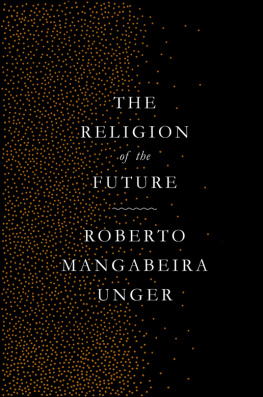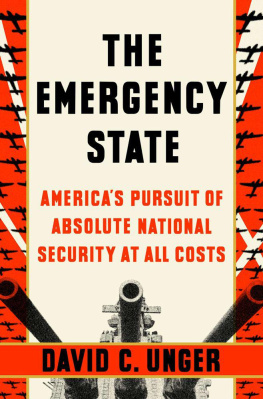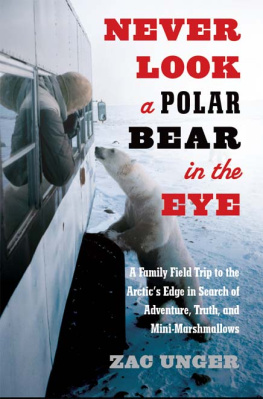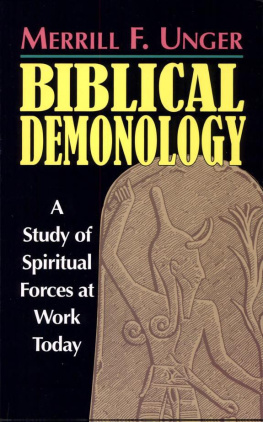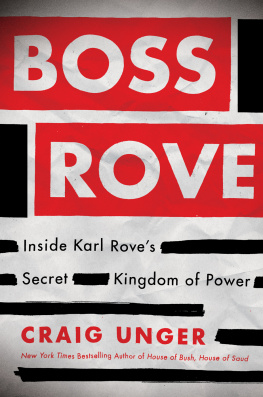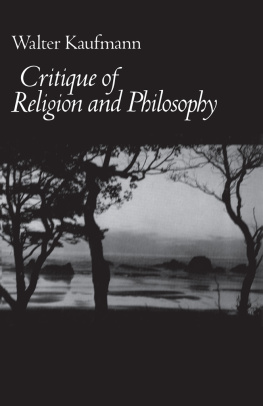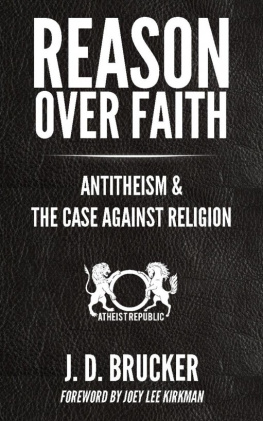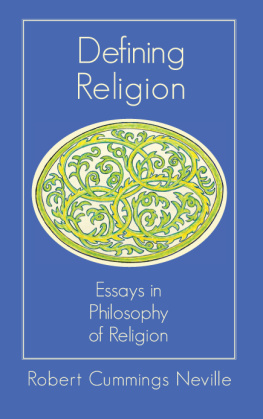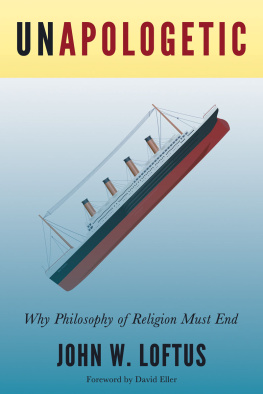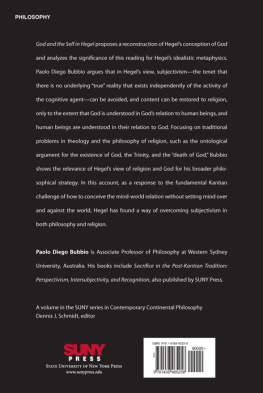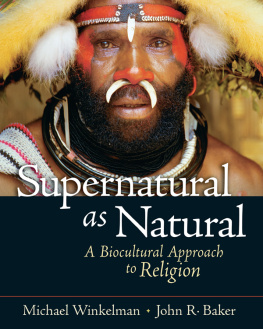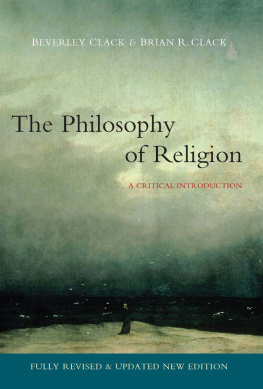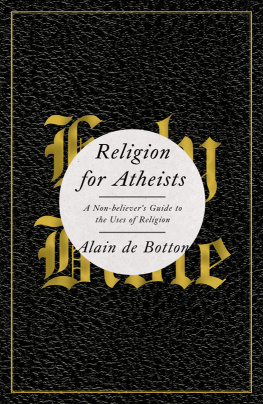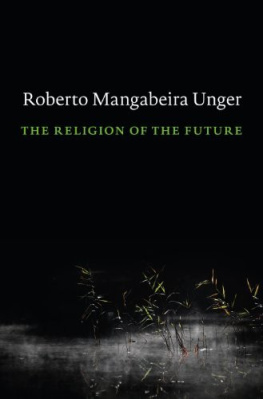I can think of no greater happiness than to be with you all the time, endlessly , and I dream of a grave, deep and narrow, where we could clasp each other in our arms as with clamps, and I would hide my face in you, and you would hide your face in me
Everything in our existence points beyond itself. We must nevertheless die. We cannot grasp the ground of being. Our desires are insatiable. Our lives fail adequately to express our natures; our circumstances regularly subject us to belittlement.
Religion has been both an attempt to interpret the meaning of these irreparable flaws in the human condition and a way of dealing with them. It has told us that everything is ultimately all right.
However, everything is not all right. A turn in the religious consciousness of humanity would begin in an approach to these defects that abandoned the impulse to deny them. Religion would cease to console us for these frightening facts. Our hope might survive, changed.
Life is the greatest good. With life come surfeit, spontaneity, and surprise: the capacity to see more, make more, and do more than all the social and conceptual regimes in which we move can countenance. In the face of all constraint, the experience of life is an experience of a fecundity and a fullness without foreordained limits.
We exceed immeasurably the social and cultural worlds that we build and inhabit. There is always more in us, in each of us individually as well as in all of us collectively, than there is or ever can be in them. There is always more that we have reason to value and power to produce than any of these orders of life, or all of them together, can contain.
The principle that applies to the organization of society and culture applies as well to thought and discourse. No method, no system of procedures of inference and modes of argument, no apparatus of reasoning in any one discipline, or in all disciplines combined, can do justice to our capacities for insight. We can always discover more than our established practices of inquiry can prospectively allow. Vision exceeds method. Method adjusts retrospectively to suit vision.
We are unlimited, or infinite, with respect to the practical and discursive settings of our activity. They are limited, or finite, with regard to us. Our excess over them is what, in a traditional theological vocabulary, we call spirit.
Everyone dies anyway. The response of nature to our experience of fecundity, of amplitude, of reach over circumstance and context is to decree our death. The finality of this annihilation, in contrast to the vibrant presence that preceded it, is the first and fundamental reason why death is terrible. The good that is the highest, preceding all others and making all others possible, is the good that will be most definitively destroyed.
Our fall toward death is surrounded on every side by tokens of the wasting of life. At any given moment on our planet, as Schopenhauer reminded us, countless living creatures tear one another apart the better to live a while longer. We are unable to distinguish our situation from theirs as much as we would like. Science teaches that death forms part of the continuance of life. However, what is necessary for the species is fatal to the individual.
The hour of death comes sometimes with agitation and suffering, and sometimes with resignation or even in sleep. Some people report, from near death experiences, that they see a great light. However, there is no great light, other than in the minds of some of the dying. According to certain conjectures, they perceive such a light because the brain is starved of oxygen, or because there is stimulation, as life wanes, of the temporal lobe, as if the body, on the very verge, were to play a final trick on us.
Regardless of whether death is resisted or accepted, its aftermath follows a regular course. The body is now a corpse. It becomes first rigid, then bloated. It soon rots, stinks, and begins to be devoured by vermin and bacteria, unless it is promptly burned. From having been revered, it turns into an object of revulsion.
So life ends in a strange sacrifice. Each of us is brought to the altar. This time, no angel stays Abrahams hand. What is the point of the sacrifice, and what faith does it serve? It is an incident in a cult the secrets and purpose of which remain forever closed to us.
It is all the more terrifying to know that those whom we love most will be brought to the same altar, and offered in the same sacrifice, sometimes under our eyes. In their death we see what we can only imagine for ourselves: the annihilation to which we are all doomed confirmed, as love proves powerless to sustain the life that love may have given.
The terribleness of death becomes clear as well from another vantage point: the perspective of consciousness and of its relation to the world. The experience of life is an experience of consciousness. The mark of consciousness is to present a complete world: not just how I see, feel, and think about myself, but a whole world centered on me, extending outward from my body. For consciousness, everything that exists, or that has existed, or that will exist exists only because it plays a part in this mental theater of mine. Beyond the perimeter of its stage, there is no world, and there is no being.
Continuity of consciousness, embodied in an individual human organism, is what we mean by a self. The experience of selfhood is the experience of consciousness associated with the fate of the body and persistent over time, until the body fails and dissolves. There are no human beings for whom the world fails to be manifest in this way as extending outward, and backward and forward in time, from the conscious and embodied self.
We come to learn that this view of the world is an illusion. We correct the illusion, or compensate for it, but only theoretically; that is to say, by telling ourselves that the world is not in fact the way in which we will continue to experience it.
Death not only brings the conscious self to an end; it also shows, in definitive and incontrovertible form, that the representation of the world as extending outward in space and time from the self was false from the outset. The dead person will not be there to see the demonstration of his error, but the survivors will register what has happened. Each of them will know what awaits him.
With the end of consciousness, it is not just the conscious self that disappears forever; it is the whole world that perishes, as it existed for consciousness. The events and protagonists that filled it all vanish suddenly, in the instant of death, unless their disappearance has been foreshadowed by the ruin of the mind.

